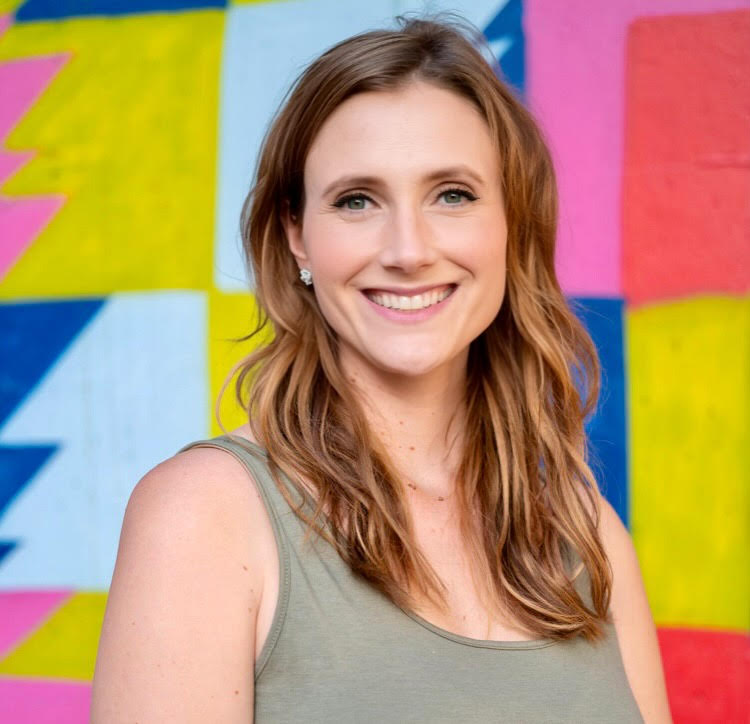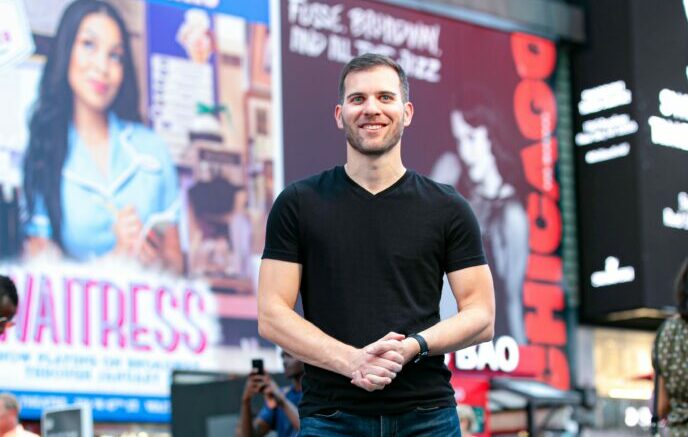We were lucky to catch up with Sarah Levine-miles recently and have shared our conversation below.
Sarah , first a big thank you for taking the time to share your thoughts and insights with us today. I’m sure many of our readers will benefit from your wisdom, and one of the areas where we think your insight might be most helpful is related to imposter syndrome. Imposter syndrome is holding so many people back from reaching their true and highest potential and so we’d love to hear about your journey and how you overcame imposter syndrome.
As a therapist, you might assume that I have my inner world all figured out. After all, my job is to help others navigate their thoughts and emotions, right? But here’s the truth: I’ve never truly “overcome” imposter syndrome. It’s been a persistent, familiar presence in my life, but I’ve learned to live alongside it rather than allow it to paralyze me. In fact, embracing that discomfort—without the expectation of ever completely eliminating it—has become a cornerstone of my personal and professional journey.
For me, imposter syndrome has shown up in all kinds of places: when I’ve given interviews, sat on panels, and during therapy sessions where I wasn’t sure if I’d said the “right” thing. The more I cared about something, the louder that critical inner voice seemed to become. And at some point, I realized something: that voice wasn’t going to go away.
For years, I believed I had to defeat imposter syndrome to move forward. I thought that once I had enough experience, enough accolades, and enough confidence, I’d finally feel like I belonged in all the spaces I occupied. But the more I waited for that moment to arrive, the more I realized it wasn’t coming. The discomfort of not always feeling capable or steady is part of doing something you care about. And rather than waiting to feel “ready” or “worthy,” I’ve learned to ask myself different questions: What do I care about? What’s most important right now? What do I want to contribute, even if I feel uncertain?
Imposter syndrome doesn’t have any real bearing on my skill level or ability, so I let it be there, acknowledging it for what it is—the price of doing something meaningful to me.

Thanks, so before we move on maybe you can share a bit more about yourself?
I am a Licensed Clinical Social Worker (LCSW) and psychotherapist with over a decade of experience helping individuals work through a range of emotional, mental, and relational challenges. I specialize in treating issues such as anxiety, depression, life transitions, relationship difficulties, perfectionism, and pregnancy/postpartum mental health.
My therapeutic approach is grounded in Acceptance and Commitment Therapy (ACT) which aims to increase psychological flexibility, allowing individuals to live more fully even when facing discomfort or challenges. I value building compassionate and collaborative relationships with clients, tailoring my approach to their specific needs, and providing tangible skills they can use in everyday life.
There is so much advice out there about all the different skills and qualities folks need to develop in order to succeed in today’s highly competitive environment and often it can feel overwhelming. So, if we had to break it down to just the three that matter most, which three skills or qualities would you focus on?
Looking back, three key qualities that have been most impactful in my journey as a therapist are trust in my own intuition, commitment to ongoing personal growth, and resilience in the face of uncertainty. First, trusting my intuition allowed me to draw from my own life experiences in an authentic way, even when I didn’t explicitly share them with clients, helping me to remain present and grounded in sessions. Second, committing to my own personal development, both professionally and personally, has kept me evolving and deepening my understanding of the therapeutic process. Lastly, learning to embrace discomfort and uncertainty has been essential—not waiting until I felt completely confident, but rather showing up anyway and believing in the value of the work I was doing.
For those early in their journey, I would advise cultivating self-trust by recognizing that you have valuable insights, even if they don’t fit perfectly into a textbook approach. Invest in personal growth through self-reflection, therapy, and learning, as your own emotional maturity enhances your work with clients. Finally, practice being okay with uncertainty—the path won’t always be clear, but if you show up consistently and with intention, success will follow.

Thanks so much for sharing all these insights with us today. Before we go, is there a book that’s played in important role in your development?
One book that has played an important role in my development is Viktor Frankl’s Man’s Search for Meaning. The most impactful lesson I took from it is the idea that, even in the harshest of circumstances, we can find meaning in life through our responses to suffering. Frankl, a Holocaust survivor, emphasizes that while we may not always control our external conditions, we retain the freedom to choose our attitude and purpose, even amidst despair. This has been a grounding principle in both my personal life and professional work, particularly when helping clients navigate difficult situations.
Another significant takeaway is Frankl’s concept of “tragic optimism,” or the ability to maintain hope and meaning in life despite unavoidable pain, loss, or death. This resonated with me because it aligns with the importance of acceptance in therapy—rather than waiting for circumstances to be ideal, we can find value and purpose in living through life’s inevitable challenges. The book’s emphasis on responsibility—the notion that each person is responsible for finding meaning in their life, no matter the situation—has also deeply influenced my belief in empowering myself and clients to take ownership of our stories and values.
Contact Info:
- Website: https://sarahlevinemileslcsw.com
- Instagram: @sarahlevinemileslcsw
- Yelp: https://www.yelp.com/biz/sarah-levine-miles-rockville-2
so if you or someone you know deserves recognition please let us know here.




